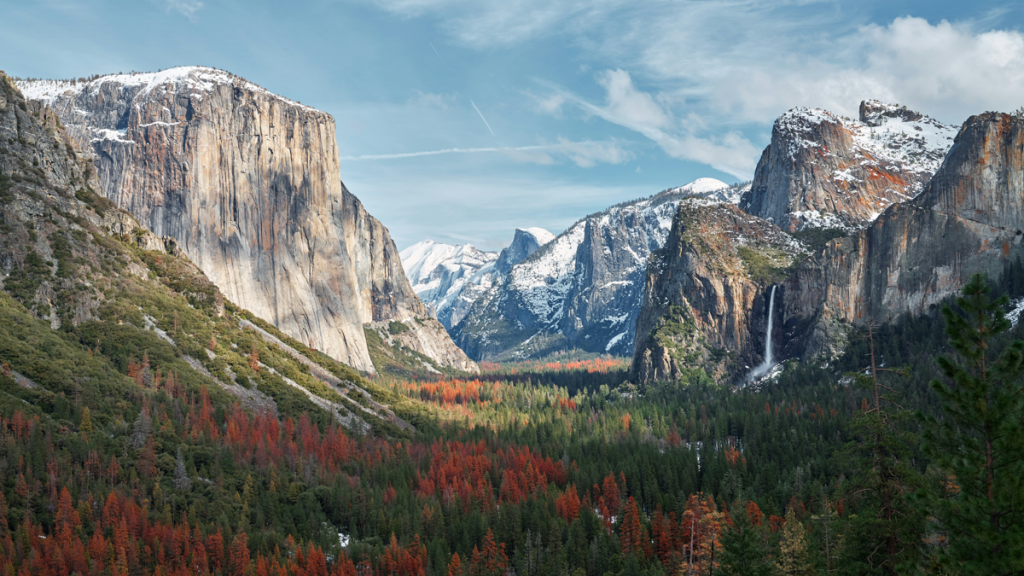
Photo Credit: Aniket Deole
California’s music festival scene is deflating like a punctured raft in river rapids. So what happened, and why are music festivals sinking?
There was plenty of reason to feel optimistic about the music festival scene in the “post-early-pandemic” return. Eager to get out after lockdown, festivalgoers went out in droves, and early-bird ticket sales in 2023 were “gangbusters,” according to a spokesperson for Sierra Nevada World Music Festival.
But over the summer, things took a turn for the worse. Usually, ticket sales for the Sierra Nevada World Music Festival see a surge in June, but in 2024, that never happened. Between slowing sales and mounting bills to arrange the festival (deposits, talent, security, etc.) things were looking grim.
Just days before its planned start date, the festival announced its cancellation. To avoid issuing cash refunds, ticketholders were told their festival passes would be honored at Humboldt County’s Reggae on the River.
And Sierra Nevada’s story isn’t unique: a new deep-dive by SFGate has explored the tumult surrounding California music festivals, with many quietly dying out.
Many a beloved event in California has been canceled at the last minute, citing financial strain, while fans may or may not get refunds. Events like Desert Daze, Lucidity Festival, the Grateful Dead-themed Skull & Roses Festival — even events outside of California felt the pinch, such as Float Fest in Austin, with cancellation just days before the festival was slated to kick off.
Notably, even Coachella, reliably sold out year after year, saw tickets move at a snail’s pace they hadn’t seen for well over a decade. Beyond the US, the problem proliferates: over 60 UK music festivals have been canceled or postponed this year.
So what the heck is going on?
For independent promoters, throwing a music festival has always been about risk. “I always joke that we’re professional gamblers,” says Amy Sheehan, co-owner of Good Vibez Presents, which promotes California Roots and several other West Coast music festivals. “We are in the business of risk and we are well aware of that.”
Sheehan explains to SFGate that independent promoters work on very thin margins, lacking the “robust financial war chests” of their corporate competitors. Without financial backing from generous donors or wealthy sponsors, festivals rely on ticket sales and sometimes loans to pay their bills as they go.
“If independent promoters had to wait until they had all of their money to produce the festival, they would never do the festival,” she continues. “That’s just not the way it works.”
And that business model has been increasingly difficult to sustain in 2024. Last year, Good Vibez paid $10,000 for portable toilets for California Roots Music and Arts Festival, but this year that price had increased to $16,000 for the same service.
“Inflation is f—ing real,” says Sheehan. The price tags for amenities continue to climb as the costs of labor, gas, and transportation rise. According to Sheehan, the cost of insuring the Lake Tahoe Reggae Festival has more than doubled over the last two years, even when the scope of the festival remains largely the same.
Inflation, naturally, affects would-be festivalgoers too. People who had saved up money during the pandemic already spent those funds on festivals in 2022 and 2023. The costs associated with travel and lodging — not to mention ticket prices — have continued to rise, while wages and personal savings have not. It simply isn’t financially feasible for people to attend the festivals that are themselves becoming financially unfeasible to arrange in the first place.
“I’m probably not the best businessperson because I could raise prices, but I can’t do that,” says Scott Stoughton of Bonfire Entertainment. Last month, he canceled next year’s WinterWonderGrass Tahoe, an annual bluegrass festival at the Palisades Tahoe Resort. “I can’t in good conscience constantly say, ‘Well, let’s just pass it off to the consumer.’ I would rather just take a pause and reevaluate and see who comes to the table to help me subsidize in the future.”
The outlook was much brighter two years ago as the COVID lockdowns were ending. But in 2024, festivals that managed to go ahead often lost money. And independent promoters in particular are looking to 2025 with similar trepidation.
“They’ll survive,” said Stoughton of the major festivals. “The question is, will we?”


Leave a Reply
You must be logged in to post a comment.